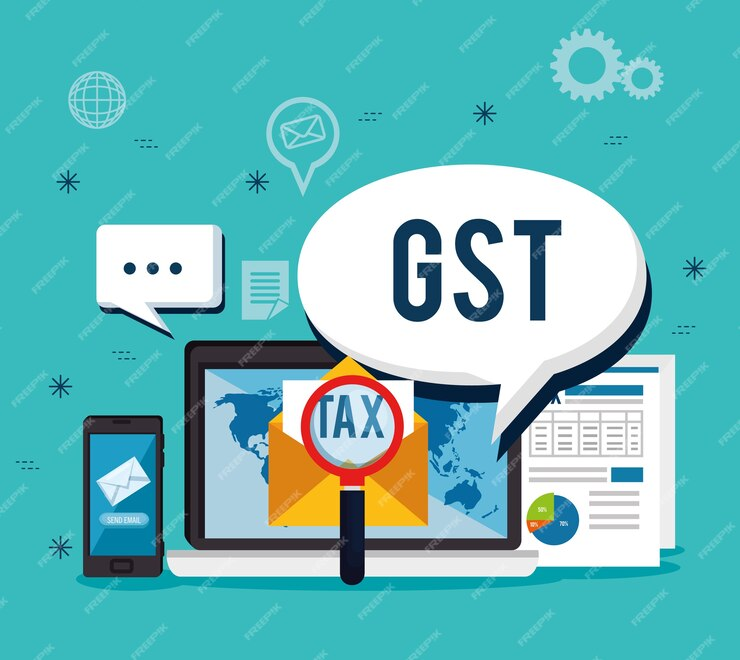Navigating Compliance Challenges and Avoiding GST Penalties for MFDs

The Goods and Services Tax (GST) system, while designed to streamline tax processes, presents unique compliance challenges for Mutual Fund Distributors (MFDs). This article delves into the key areas where MFDs face difficulties, from registration nuances to issues related to filing returns and managing penalties, and highlights ways to navigate these effectively.
1. Common Compliance Issues and GST Notices
For MFDs, non-compliance with GST regulations often results in penalties or notices from tax authorities. Common issues include:
- Failure to Register: Many MFDs operate under the misconception that if their turnover fluctuates near the exemption limit, they can avoid registration. However, once their turnover exceeds ₹20 lakh (₹10 lakh in certain states), they must register.
- Incorrect Filing of Returns: Errors in GST return forms (GSTR-1 for sales and GSTR-3B for tax payments) lead to discrepancies in tax credit claims and liabilities, often resulting in notices.
- Input Tax Credit (ITC) Mismatches: The GST system automatically cross-verifies ITC claims. If there are discrepancies between an MFD's GSTR-2A (supplier invoice data) and GSTR-3B (self-reported data), it raises red flags, potentially leading to audits or penalties.
- Commission Income Reporting: Misclassification or exclusion of certain types of income from the aggregate turnover calculation can lead to discrepancies, particularly if MFDs also receive insurance commissions.
2. Penalties and Interest on Non-Compliance
Penalties under GST can quickly add up for MFDs who miss deadlines or underreport their taxes. The late filing of returns incurs a daily penalty of ₹50 (₹25 for CGST and ₹25 for SGST), which is reduced to ₹20 if no tax is payable. Additionally, unpaid GST dues attract interest at 18% per annum, and ITC mismatches can result in an even higher interest rate of 24%.
The GST system also imposes penalties for excess ITC claims or underreported output tax. For deliberate tax evasion or fraudulent claims, penalties can be as high as 100% of the tax liability. To avoid these, MFDs must maintain clear records and ensure timely, accurate filings.
3. Data Surveillance and AI-Driven Compliance Checks
One aspect that often catches MFDs off-guard is the GST department's data-matching and AI surveillance capabilities. The GST portal cross-references filings across forms, such as matching GSTR-1 with GSTR-3B, to detect underreporting or excessive ITC claims. Additionally, AI-driven analytics compare tax behaviours across the sector, flagging abnormal patterns for investigation. For instance, if an MFD's tax credits do not align with industry norms, the system may trigger a compliance alert.
Such surveillance extends to data-sharing between GST and income tax authorities, especially for high-value transactions or discrepancies in PAN-linked turnover records. MFDs should ensure consistency across both tax filings to avoid scrutiny.
Composition Scheme
The Composition Scheme is a simplified tax regime available under the Goods and Services Tax (GST) for small businesses, including mutual fund distributors (MFDs) as a special case. However, this scheme is not applicable to all interstate supply of services, which limits its benefits for MFDs in their routine operations. To qualify for the Composition Scheme, businesses must ensure that their aggregate turnover in the previous year did not exceed ₹50 lakh for services and ₹1.5 crore for goods. Nonetheless, MFDs can apply for separate GST registration in each state under the same PAN. This allows them to classify their service supply as intrastate rather than interstate, enabling them to claim their brokerage effectively.
4. Recommendations for Effective GST Compliance
For effective GST compliance, MFDs should:
- Use Accounting Software: Tools like Tally, Zoho Books, or ClearTax streamline GST management and reduce human errors in filing returns.
- Engage Tax Professionals: Consulting with a tax expert minimizes the risk of misclassification, ensures accurate ITC claims, and helps resolve complex issues like interstate supply handling.
- Stay Updated: As GST regulations evolve, keeping abreast of changes is critical. Regular training or professional guidance can help MFDs remain compliant and avoid unnecessary penalties.
In summary, while GST has introduced a more streamlined tax system, it also brings strict compliance requirements. By maintaining accurate records, monitoring turnover limits, and proactively managing filings, MFDs can navigate GST obligations with confidence and mitigate risks associated with non-compliance.